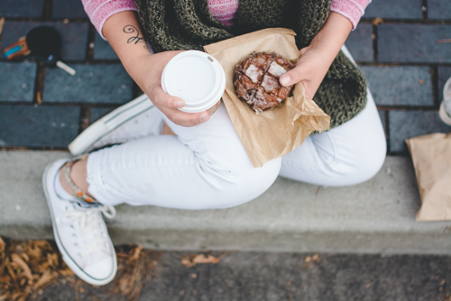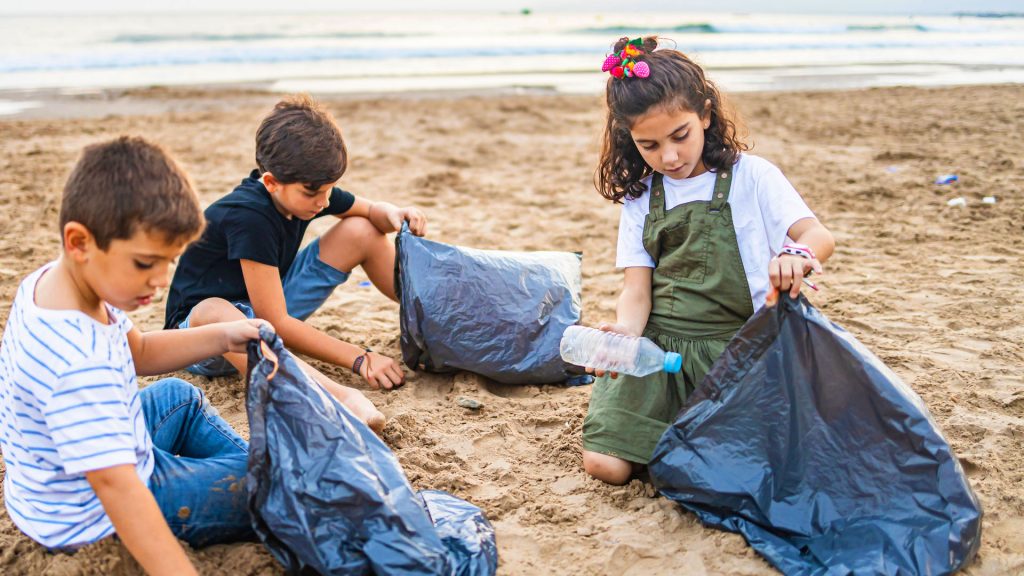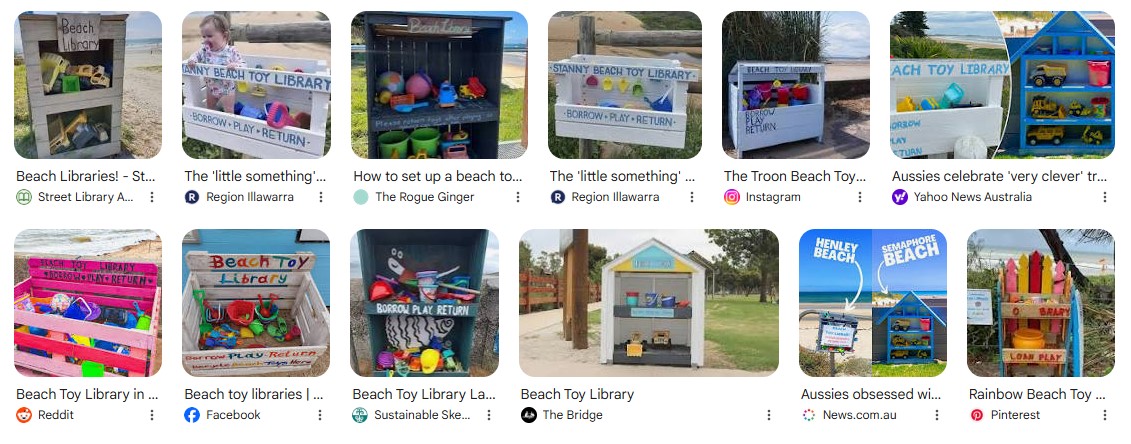Learn how you can simply cut back the waste from your weekly grocery shop with some litter prevention tips from Keep Australia Beautiful.
Advocates of the #ZeroWaste and #ZeroPlastic movement maintain that you can entirely eliminate all waste from your daily life. Here at Keep Australia Beautiful, we believe this is a fantastic aspiration to work towards. But in the meantime, there are a number of simple, eco-friendly steps we can all take today to reduce the rubbish we each produce.
It starts with being prepared for your grocery shopping, choosing wisely with your product purchases and sourcing what you can from local producers. This way, not only we will reduce waste and prevent litter ending up in the environment, we will also support Australian producers and businesses.
Buy reusable produce bags for fruit and vegetables
Putting your fresh produce in single-use plastic bags may be a more hygienic option than straight in the trolley, but you can save plastic by using your own reusable bags. Made from either cotton or recycled plastic, packs of eight start from less than $20 and there are plenty of Australian suppliers on offer.
Keep canvas and cotton shopping bags handy in the car
Single-use plastic shopping bags are being phased out, but remembering to bring the reusable ones to the store has presented a new challenge. By keeping a stash in the car, you will always be prepared for impromptu grocery store visits. Foldable lightweight bags that can be easily popped in your pocket or purse are also available in many stores.
Choose products with glass, cardboard or metal packaging
Drinks like milk and juice can be bought in glass or plastic bottles and cardboard cartons. Dry goods like pasta, flours and rice are available in box or plastic packaging. Try to aim for packaging that can be recycled. Alternatively, buy in bulk from local wholefood suppliers. Canned goods are made from steel, which is easily recycled in kerbside bins. Plus, canned food has the added benefit of reducing food waste from fresh produce spoiling.
Buy from your local baker and butcher
Supermarket bread and meat are pre-packed with plastic trays and absorbent pads and wrapped in plastic. By heading to the local butcher, you can often choose to buy your meat with less plastic and take your own shopping bag. By buying at the local bakery you are more likely to receive your goods in paper bags or you can take your own containers to reduce plastic waste. Bread ties, Styrofoam trays and some soft plastics used to package these goods cannot be recycled.
Swap out the cotton swabs and other plastic toiletries
It is estimated that 1.5 billion single-use cotton tips are produced globally each day. The plastic in them is not recyclable, often ending up in the ocean. Bio-degradable alternatives are readily available in most supermarkets along with other toiletries, such as bamboo toothbrushes.
If every Australian makes these small changes, it makes a big difference to the amount of waste that either ends up in landfill or worse can land in our streets, parks , waterways and beaches where it can wash down a stormwater drain and end up in the ocean. So, why not start today by just being mindful of your purchases when you’re next at the grocery store?
Photo by Scott Warman on Unsplash










